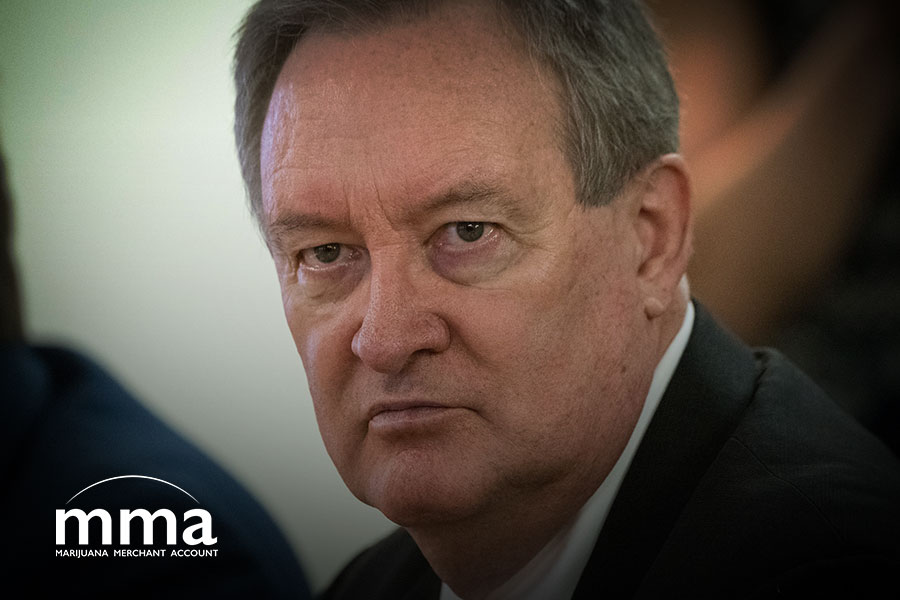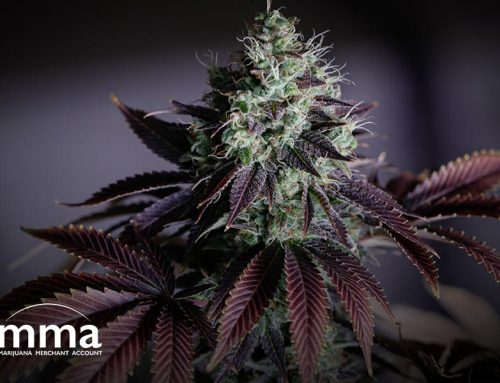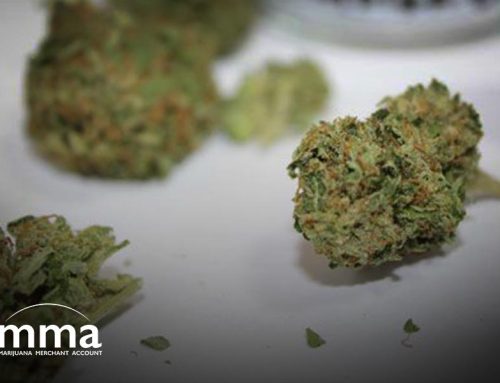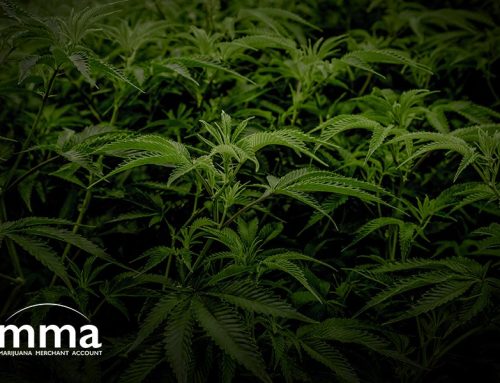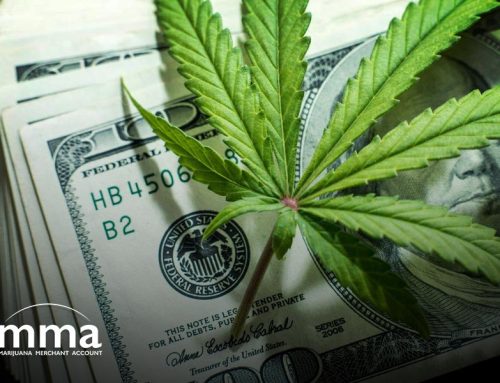The Congressional act intended to clarify banking rules for the cannabis industry has hit hard opposition in the Senate after gaining approval in the House of Representatives, and a powerful Republican senator intends to make major changes before it passes.
The Senate Banking Committee Chairman Mike Crapo (R-ID) is strongly opposed to cannabis legalization across the nation and his own state of Idaho in particular. He announced in an official statement that he would see the Secure and Fair Enforcement (SAFE) Banking Act used as a tool to limit the THC potency of cannabis products, by making it a requirement that products have very little THC.
He also wants to see the banking bill address marketing regulations to prevent ads from appealing to children, and to research the effects of cannabis further. Money laundering is highlighted as another major problem for Crapo, as he sees legalization as a loophole for cartels to thrive, though there hasn’t been much evidence of that presented.
The U.S. government has systematically blocked research of cannabis for decades, and Crapo is now proposing that testing is required on a variety of areas before he would see fit for legalization to move forward and banking access to be granted. The research topics include:
- types and delivery mechanisms for cannabis products,
- potency of cannabis products and how that potency changes over time and how it impacts addiction,
- how different serving sizes and potencies impact individuals,
- how different products appeal to minors and affect their access,
- how much different potencies impair an individual’s judgement, and
- Gathering data on potency and serving size from jurisdictions were cannabis is currently sold.
Advocates were not pleased to see this latest announcement from Crapo. Addressing the bill in the way that Crapo is will not fix the immediate problems that a billion-dollar, mostly cash industry is currently dealing with on a daily basis. How states and businesses would respond to a 2% THC potency limit on their products in order to do banking remains to be seen, as Crapo has set the stage. The bill may die in this committee, or it may come out amended with all, some, or none of what Crapo has added to this wishlist.
Even after the Senate passes it, if they do, the two bills of the House and Senate will then need to be reconciled into one bill before being sent to the President for his signature. The Senate is largely controlled by Republicans, and it was a Democrat-controlled House of Representatives that passed the first iteration of the SAFE Banking Act in 2019. So the end result is by no means guaranteed at this point in the process. Industry advocates and even the American Banking Association have high hopes for the House-version of the SAFE Banking Act. But will the Senate Republicans use the SAFE Banking Act as a replacement for actually taking action on Prohibition? These types of restrictions seem at odds with what a banking bill should be about.
What do you want to see in the SAFE Banking Act if it passes? Tell us what you think in the comments below, and consider sharing your thoughts with the Senate Banking Committee, too, by emailing [email protected].
—

